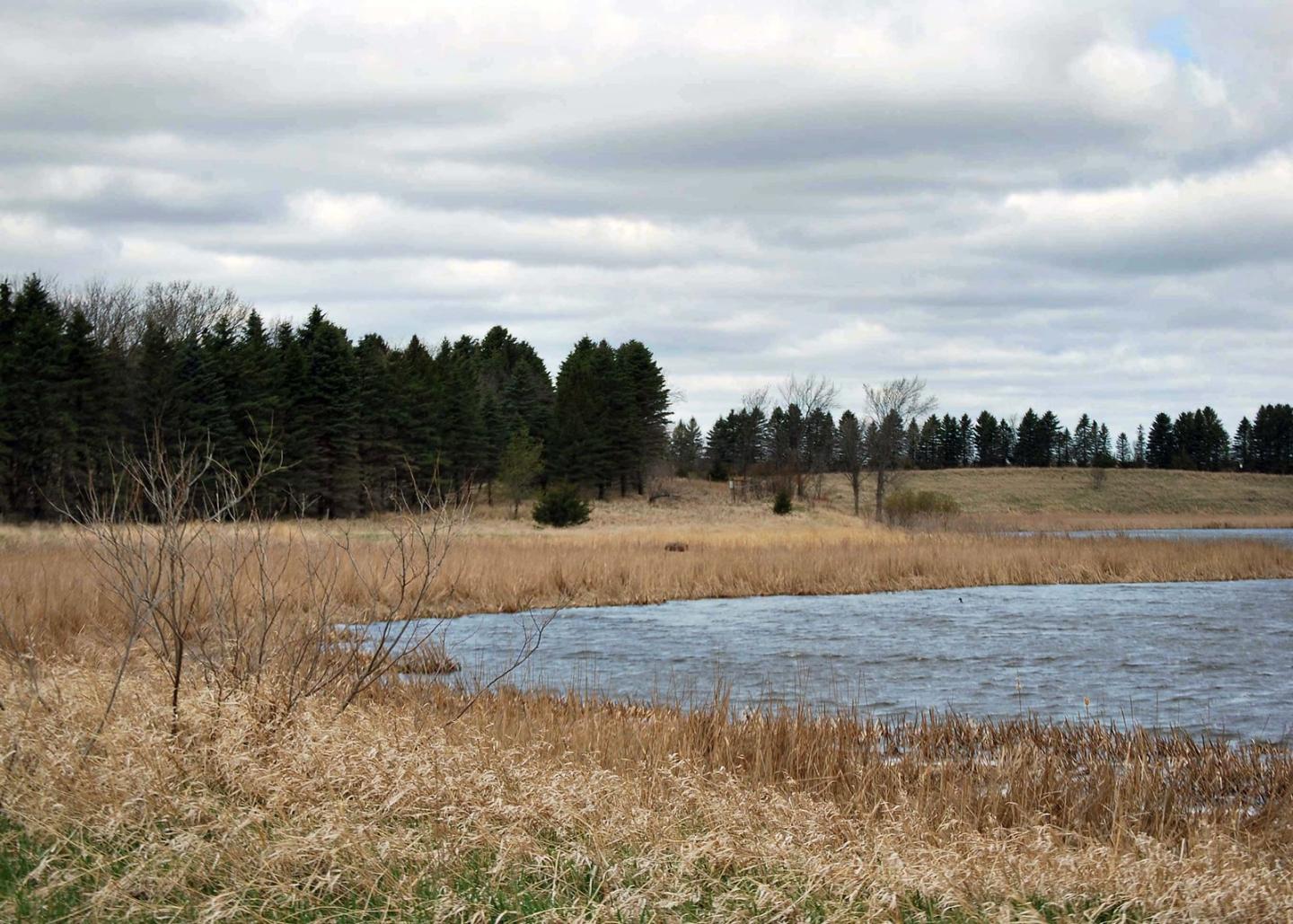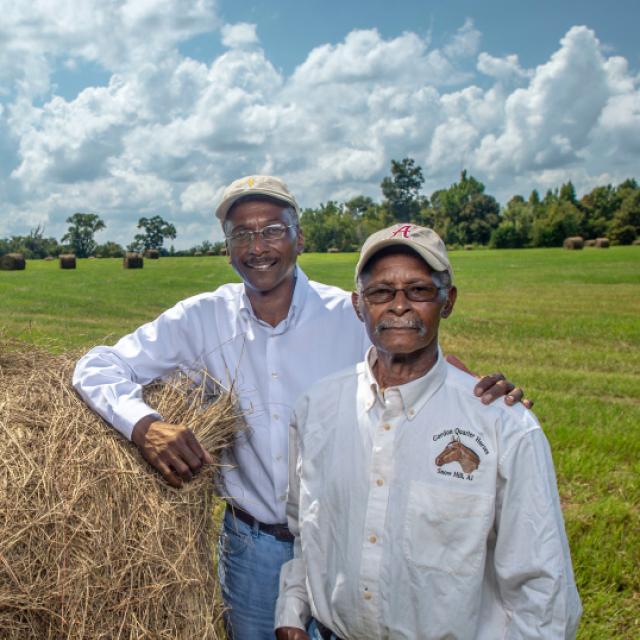
The Regional Conservation Partnership Program (RCPP) is a partner-driven approach to conservation that funds solutions to natural resource challenges on agricultural land.
Through the Regional Conservation Partnership Program (RCPP), NRCS co-invests with partners in innovative, workable and cost-effective approaches to benefit farming, ranching and forest operations; local economies; and the communities and resources in a watershed or other geographic area.
The partners develop project applications, as described in the annual RCPP Application for Program Funding below, to address specific natural resource objectives in a proposed area or region. Partnering organizations design, promote, implement and evaluate the project outcomes.
Partnership Agreements
The partnership agreement defines the scope of the project, including:
- Eligible activities to be implemented
- Potential agricultural or nonindustrial private forest operation affected
- Local, state, multi-state or other geographic area covered
- Planning, outreach, implementation, and assessment to be conducted. Partners are responsible for contributing to the cost of the project, conducting outreach and education to eligible producers for potential participation in the project and for assessing the project’s effects. In addition, partners may act on behalf of the eligible landowner or producer in applying for assistance and for leveraging financial or technical assistance provided by NRCS with additional funds to help achieve the project objectives.
Before closing the agreement, the partner must provide an assessment of the project costs and conservation effects.
NRCS will review partnership proposals according to the priorities identified in the announcement and make project selections. Upon selection of a partnership proposal, NRCS and the partner will enter into a partnership agreement through which the partner will complete the project objectives and provide assistance to producers in the project area.
RCPP Classic and AFA:
Applications under the FY 2024 Regional Conservation Partnership Program (RCPP) for Classic and Alternative Funding Arrangement (AFA) are due December 16, 2024. See these documents for more information and how to apply:

RCPP Land Management Activity Producers and Land Managers
This sign up includes the following three projects in Minnesota:
- ABC: Improving Forest Health for Wildlife Resource (IFHWR) (Project ID #2245)
- MN Dept. of Agriculture: Minnesota Agricultural Water Quality Certification Program (MAWQCP) (Project ID #2129)
- Morrison SWCD: Camp Ripley Sentinel Landscape (CRSL) (Project ID #2677)
*NRCS accepts applications from producers for conservation programs year-round. NRCS sets state-specific, ranking dates to evaluate applications for funding that account for producer needs, staff workload and ensure potential participants have ample opportunities to apply. Funding is provided through a competitive process.
Additional Information
Historically Underserved Farmers and Ranchers
The Agriculture Improvement Act of 2018 (2018 Farm Bill) includes provisions that address socially disadvantaged, beginning, limited resource, and veteran farmers and ranchers (“historically underserved producers”).
Learn MoreHow to Apply to RCPP
Potential partners are invited to propose RCPP projects where NRCS and partners co-invest in impactful and innovative solutions to on-farm, watershed, and regional natural resource concerns.
Learn MoreReady to get started?
Contact your local service center to start your application.
How to Get Assistance
Do you farm or ranch and want to make improvements to the land that you own or lease?
Natural Resources Conservation Service offers technical and financial assistance to help farmers, ranchers and forest landowners.

To get started with NRCS, we recommend you stop by your local NRCS field office. We’ll discuss your vision for your land.
NRCS provides landowners with free technical assistance, or advice, for their land. Common technical assistance includes: resource assessment, practice design and resource monitoring. Your conservation planner will help you determine if financial assistance is right for you.
We’ll walk you through the application process. To get started on applying for financial assistance, we’ll work with you:
- To fill out an AD 1026, which ensures a conservation plan is in place before lands with highly erodible soils are farmed. It also ensures that identified wetland areas are protected.
- To meet other eligibility certifications.
Once complete, we’ll work with you on the application, or CPA 1200.
Applications for most programs are accepted on a continuous basis, but they’re considered for funding in different ranking periods. Be sure to ask your local NRCS district conservationist about the deadline for the ranking period to ensure you turn in your application in time.
As part of the application process, we’ll check to see if you are eligible. To do this, you’ll need to bring:
- An official tax ID (Social Security number or an employer ID)
- A property deed or lease agreement to show you have control of the property; and
- A farm number.
If you don’t have a farm number, you can get one from USDA’s Farm Service Agency. Typically, the local FSA office is located in the same building as the local NRCS office. You only need a farm number if you’re interested in financial assistance.
NRCS will take a look at the applications and rank them according to local resource concerns, the amount of conservation benefits the work will provide and the needs of applicants. View Application Ranking Dates by State.
If you’re selected, you can choose whether to sign the contract for the work to be done.
Once you sign the contract, you’ll be provided standards and specifications for completing the practice or practices, and then you will have a specified amount of time to implement. Once the work is implemented and inspected, you’ll be paid the rate of compensation for the work if it meets NRCS standards and specifications.

